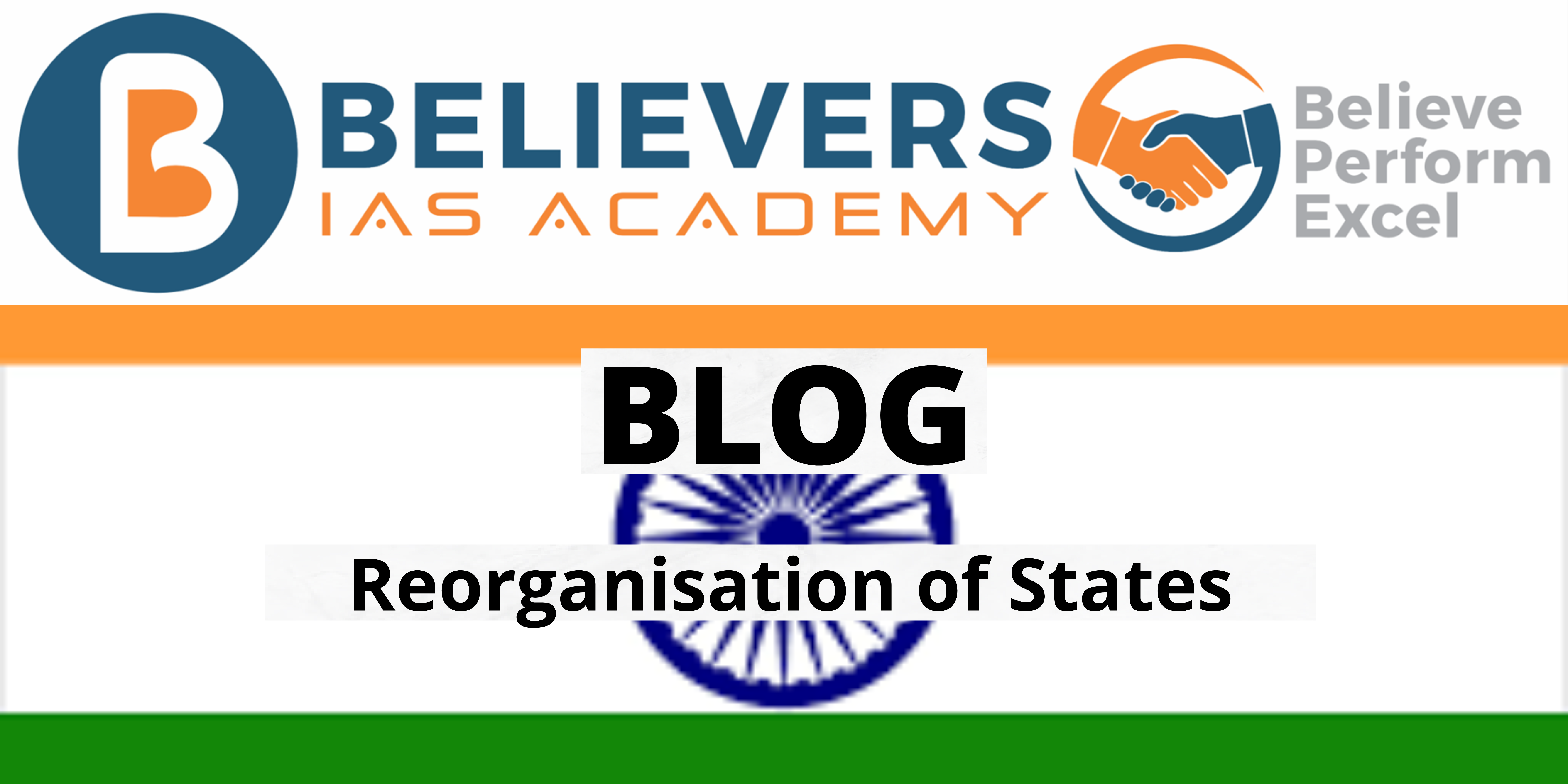Overkill: The Manipur government’s decision to extend net shutdowns lacks merit
Context:
The decision of the Manipur government to extend internet shutdowns in the state. It highlights the negative impact of such shutdowns on economic activities and livelihoods, while questioning the government’s justification for the bans. The editorial also refers to the Supreme Court’s ruling on the suspension of internet services as a violation of fundamental rights.
Relevance:
GS-02 (Government Policies & Interventions)
Mains Questions:
- Analyse the impact of internet shutdowns on economic activities and livelihoods. How can governments strike a balance between maintaining law and order and ensuring citizens’ fundamental rights? (250 words)
- Discuss the significance of the Supreme Court’s ruling on the suspension of internet services as a fundamental right. How can this ruling guide policymaking in addressing public emergencies while upholding citizens’ rights? (250 words)
What is an Internet Shutdown?
Definition of Internet Shutdown:
- Internet shutdowns are deliberate actions taken by governments or entities on behalf of governments to disrupt access to and use of information and communications systems online.
- Shutdowns can involve complete blocks of internet connectivity or limited access through throttling bandwidth or restricting mobile services to 2G.
Purpose and Reasons for Internet Shutdowns:
- Governments employ internet shutdowns for various reasons, citing concerns such as civil society movements, security measures, and electoral proceedings.
- Shutdowns severely hinder the sharing and viewing of videos, live broadcasts, and journalistic work, impeding human rights monitoring and reporting.
Impact of Internet Shutdowns:
- Complete or limited access to the internet affects the ability of individuals to use online services effectively.
- Throttled or restricted access makes it challenging to engage in meaningful internet activities, rendering it difficult to fully utilize the internet’s potential.
Crippling Effects on Freedom of Expression:
- In violation of the fundamental right to freedom of speech and expression guaranteed under Article 19(1)(a) of the Indian Constitution. This provision ensures that every citizen has the right to express their opinions, ideas, and thoughts freely, both online and offline.
- Furthermore, Article 19(2) of the Indian Constitution provides for reasonable restrictions on the right to freedom of speech and expression. However, internet shutdowns can be argued to be disproportionate and not meeting the test of reasonableness.
- The Supreme Court of India has consistently emphasized the importance of protecting the freedom of expression as a cornerstone of democracy. In landmark judgments such as Shreya Singhal v. Union of India (2015), the Court has recognized the significance of the internet as a medium for exercising free speech and held that any restrictions on access to the internet must meet the standards of necessity and proportionality.
Negative Impact on Human Rights:
- Internet shutdowns hinder the exercise of fundamental human rights, including the right to freedom of speech and access to information.
- Restrictions on internet access prevent individuals from enjoying their rights fully and limit their ability to participate in democratic processes.
Dimensions of the article:
- The need for balanced measures.
- Violation of fundamental rights.
- Addressing the situation in Manipur.
- Beleaguered leadership and ethnic identities.
The need for balanced measures:
- The adverse effects of internet shutdowns on economic activities and livelihoods: Internet shutdowns have a severe impact on various economic sectors, including e-commerce, online businesses, and digital services. With limited or no internet access, businesses are unable to operate effectively, leading to financial losses and job insecurity for individuals who depend on these sectors for their livelihoods. The shutdowns hinder the growth of the digital economy and impede the overall development of the state.
- Restrictions on accessing vital services, such as e-commerce, hamper development: In today’s interconnected world, the internet plays a crucial role in accessing essential services, including healthcare, education, and banking. Internet shutdowns disrupt these services, negatively affecting the well-being and progress of the citizens. Students are unable to access online educational resources, patients face challenges in receiving telemedicine services, and individuals find it difficult to carry out online transactions. Such restrictions hinder socio-economic development and exacerbate existing inequalities.
- The government should seek alternative measures to address threats to law and order: While maintaining law and order is a legitimate concern for any government, resorting to prolonged internet shutdowns as a solution is an overreach. There are alternative measures available, such as targeted surveillance, intelligence-driven operations, and increased coordination between law enforcement agencies. A comprehensive approach that combines effective policing, community engagement, and dialogue can better address the root causes of violence and restore peace.
Violation of fundamental rights:
- The Manipur government’s extension of internet shutdowns lacks legal merit: The orders seeking to extend the shutdowns in Manipur do not explicitly invoke public emergency or public safety, as required by Section 5(2) of the Telegraph Act, 1885 and Telegraph Rules. The government’s justification of citing threats to “law and order” and “anti-social elements” without proper evidence raises concerns about the misuse of power and undermines the rule of law.
- The Supreme Court’s ruling in Anuradha Bhasin vs Union of India (2020) emphasizes the importance of upholding citizens’ rights: The apex court’s judgment clearly established that the indefinite suspension of internet services is a violation of the fundamental right to freedom of speech and the freedom to carry out commercial work using the internet. The ruling highlights the need for proportionality and a time-bound approach in imposing restrictions, ensuring that they do not extend beyond what is necessary to address the situation at hand.
- The principle of proportionality and necessary duration should guide the imposition of internet suspensions: Any restriction on fundamental rights, including internet shutdowns, should be proportionate to the threat and limited in duration. The government should consider less intrusive measures that target specific areas or individuals involved in unlawful activities rather than imposing a blanket shutdown affecting the entire population. This approach strikes a balance between maintaining law and order and safeguarding citizens’ rights.
Addressing the situation in Manipur:
- Restoring confidence among stakeholders and engaging civil society actors: Rebuilding trust and confidence among all stakeholders, including different communities and civil society organizations, is essential for long-term peace and stability. The government should actively involve these actors in the decision-making process and engage in open dialogue to address grievances and concerns.
- Facilitating inter-community dialogue to reduce tensions and isolate extremists: The tensions between Meiteis and Kukis in Manipur require a focused effort towards fostering inter-community dialogue. Building platforms for meaningful discussions and encouraging cultural exchanges can help bridge the divide and foster a sense of unity and shared identity. It is crucial to isolate and address the concerns of extremists who incite violence or promote hatred, ensuring they are held accountable for their actions.
- Pursuing a step-by-step approach towards restoring peace and normalcy: Instead of relying solely on internet shutdowns as a substitute for addressing the underlying issues, the government should adopt a step-by-step approach. This involves comprehensive law enforcement strategies, intelligence-based operations, and socio-economic initiatives aimed at promoting inclusivity and addressing the grievances of marginalized communities. Rebuilding trust and social cohesion requires a holistic approach that goes beyond temporary measures.
Beleaguered leadership and ethnic identities:
- The challenges posed by a leader who has lost the confidence of colleagues: The effectiveness of governance and decision-making is greatly influenced by the leadership’s credibility and ability to garner support. In Manipur, the beleaguered Chief Minister’s lack of confidence among his colleagues raises concerns about the government’s capacity to address the situation effectively. It highlights the need for stable and capable leadership to steer the state towards peace and development.
- The need for community representatives to rise above ethnic identities for peacebuilding: Manipur’s diverse ethnic landscape presents a unique challenge in achieving lasting peace. Community representatives must rise above their ethnic identities and work towards inclusive solutions that prioritize the well-being of all citizens. Encouraging inter-community cooperation, promoting cultural understanding, and ensuring equal representation in decision-making processes can help overcome divisions and foster harmony.
- Sporadic violence and the plight of displaced individuals require urgent attention: The persistence of sporadic violence in Manipur is indicative of the underlying issues that need to be addressed urgently. The government must prioritize the safety and well-being of displaced individuals, ensuring their timely return and rehabilitation. Providing adequate support, both in terms of physical infrastructure and psychosocial assistance, is crucial for rebuilding lives and restoring normalcy.
Way forward:
- The Manipur government should heed the Manipur High Court’s decision and put an end to the internet shutdowns. Instead of relying solely on blanket bans, the government needs to adopt a comprehensive approach that addresses the underlying issues contributing to the unrest. This involves restoring confidence among stakeholders, engaging with civil society actors, isolating extremists, and pursuing a step-by-step approach towards peacebuilding.
- Furthermore, it is crucial for community representatives to transcend their ethnic identities and work towards long-term solutions that promote harmony and inclusivity. By striking a balance between maintaining law and order and upholding citizens’ fundamental rights, the government can ensure the restoration of peace and normalcy in Manipur.
Conclusion:
- The extension of internet shutdowns in Manipur lacks legal merit and violates citizens’ fundamental rights. The government should focus on implementing effective strategies to restore peace and normalcy instead of relying solely on blanket bans. By adopting a balanced approach that addresses the underlying issues, engages all stakeholders, and upholds citizens’ rights, the government can ensure the restoration of peace and create an environment conducive to the overall development of Manipur.




